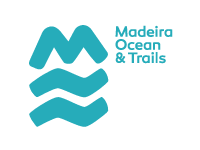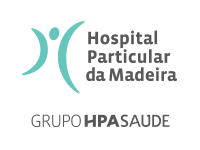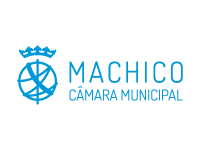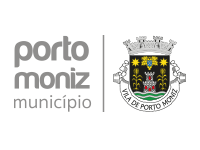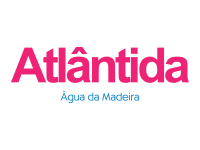Avoid self-medication - the consumption of certain substances, particularly non-steroidal anti-inflammatory drugs, during intense physical activity such as trail running, significantly increases the risk of kidney injury, and is therefore not advised at all.
Certain medication taken chronically under medical prescription may be considered doping. Consult your sports medicine specialist about the procedures to follow to avoid embarrassing situations of unintentional positive doping results.
Maintain adequate hydration following these criteria:
- Start exercise in a hydrated state. Avoid overhydration;
- Drink according to the sensation of thirst during exercise;
- Avoid excessive sodium supplementation during exercise. Do not use visible sodium losses as an indicator for replacement;
- When access to fluids is limited, it is more effective to estimate fluid needs through experience, although recognizing that adequate fluid intake varies with exercise intensity, ambient temperature, and humidity;
- Oliguria (low urine volume) is not necessarily a sign of dehydration.
- Body weight is the best tool for assessing hydration status during the race. It is normal to lose up to 3% of the initial weight at the start of the race.





